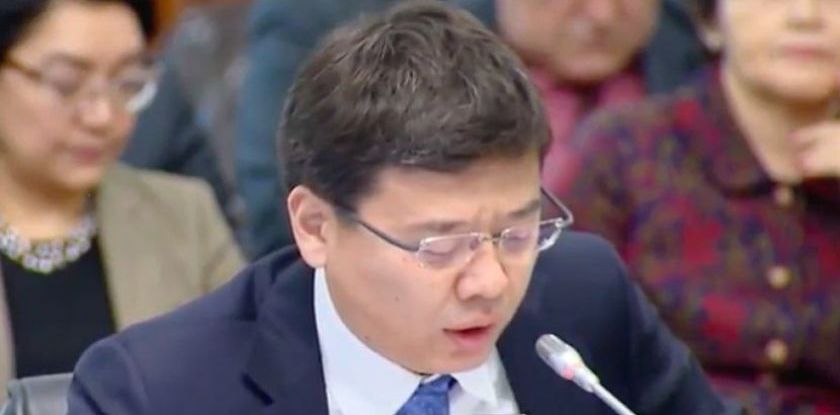The recent European Court’s arrest of the $22 bln placed by the National Fund of Kazakhstan under the management of the Dutch office of BNY Mellon is perhaps the biggest defeat of the Republic of Kazakhstan in its struggle with foreign investors throughout all the independence years.
The news first appeared in the press in October 2017. It seemed hardly believable. However, the press-releases of Kazakhstan’s Ministry of Justice of October 19, 2017 (“On the Judicial Trials in Sweden and the Netherlands”) and of October 26/30 (“Kazakhstan Continues Working against the Actions of Anatoly Stati, his Son Gabriel, and their Companies”) officially confirmed that the Moldovan entrepreneur had successfully changed the matters to his own advantage.
Not being thoroughly informed on the subject, it is hard to predict how the story is going to unfold. However, one thing is certain – Nursultan Nazarbayev and Akorda will surely want to question the Ministry of Justice and Minister Marat Beketayev personally.
Note that, while still Vice-Minister of Justice, Marat Beketayev was in charge of all the claim related work abroad including the claims against politician Mukhtar Ablyazov and the other BTA Bank law suit defendants, Nazarbayev’s ex-son-in-law Rakhat Aliyev, his widow Elnara Shoraz, the Khorani brothers, Anatoly and Gabriel Stati.
On the whole, the results of his work can be called questionable since there have been no evident successes and definitive victories. The serious failures, on the other hand, such as releasing Mukhtar Ablyazov after spending three years in the French prison, lifting Shoraz’s accounts arrests in Viennese banks, the aforementioned arrest of $22 bln of the National Fund’s money and the other Kazakhstan assets exist in abundance.
Therefore, one may predict that Marat Beketayev’s opponents in the state apparatus will try to organize a revision of the Ministry’s claim related work abroad. The legitimacy of spending the state money on different cases including the long-lived law suit with Anatol Stati and his son is likely to be examined.
According to an insider whose words, unfortunately, we cannot verify, Kazakhstan’s Ministry of Justice spent $23 mln on just one law suit to pay foreign subcontractors – law firms, attorneys, detective agencies. Whereas their opponents only spent $3 mln. Note that the attorneys directly participating in the trials and representing Kazakhstan’s interests received $1.8 mln while the opposing council received only $300 thousands.
Considering the outcome (that is the arrest of not just the $22 bln of the National Fund’s money but the other Kazakhstan’s assets by the Western courts), one may be correct in assuming that, in the Stati case, too, the attorneys hired by the Ministry of Justice, while being paid significantly more, were much less effective than the opposing lawyers.
We can see only three explanations for this fact.
- Kazakhstan, in its conflict with Anatol Stati, is categorically in the wrong and, therefore, must pay more to compensate for that.
- The staff of the Ministry of Justice are irresponsible in performing their duties including being careless with spending the state money, overpaying the foreign subcontractors while not demanding successful results.
- The corruption – when a part of the money paid by the Ministry of Justice is then being transferred to offshore accounts or being paid out via some other channels.
By our estimates, the long-lived conflict between Kazakhstan and the Statis has crossed the “equator” and, despite the reassuring statements of the Ministry of Justice on appealing the Western courts decisions, is coming to an end. This means that at least half a billion US dollars of the National Fund’s money may be lost because it will be paid to the foreign investor as a compensation.
If this happens, then, in accordance with Kazakhstan’s common practice, hunting for the scapegoats will inevitably begin. Such a development will be impossible to prevent which can be proved by the personal experience of former National Security Chief Nartay Dutbayev who had to pay for his own sins as well as for those of Mukhtar Ablyazov and Mukhtar Dzhakishev. And he did not do it alone but in the company of his close relatives.




